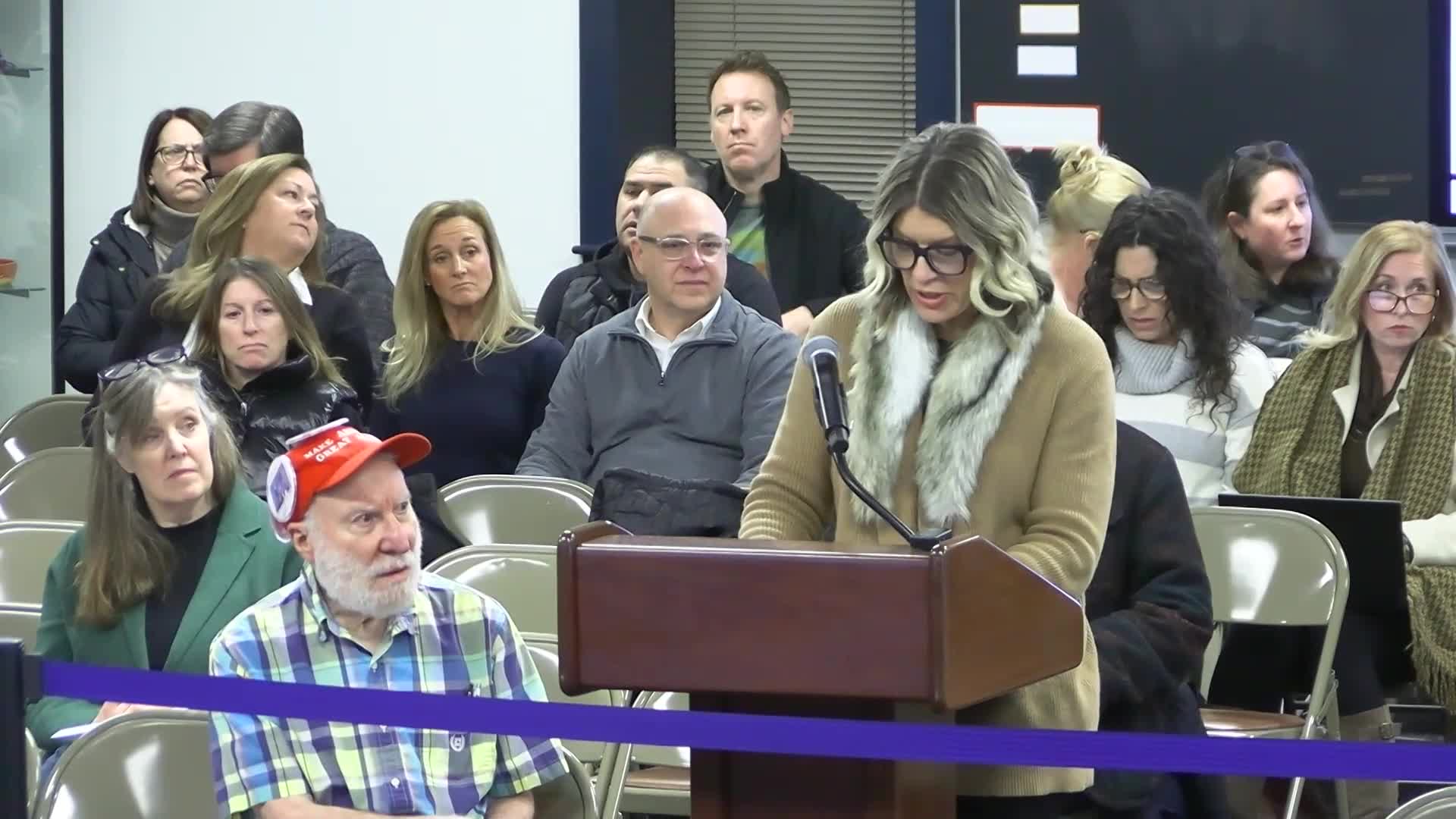Residents cite depositions and Signal messages, call for resignations over alleged Sunshine Act violations
Get AI-powered insights, summaries, and transcripts
Subscribe
Summary
Multiple residents at the Central Bucks School District meeting on Jan. 16 said depositions and Right‑to‑Know records show board members used the Signal app to conduct district business outside public meetings, raising Sunshine Act concerns and prompting calls for several officials to resign.
Residents and several public commenters told the Central Bucks School District board on Jan. 16 that depositions and records produced in litigation show board members discussed district business on the Signal messaging app, deleted messages and thereby avoided public disclosure obligations.
Why it matters: Using private messaging for official business can violate Pennsylvania’s open‑meetings requirements (commonly referred to as the Sunshine Act or public meeting law) and expose the district and individual board members to legal liability. Residents said the discovery evidence in an ongoing lawsuit contradicts earlier public statements about the existence of Signal chats.
What speakers said
Allison Zimmer, a Buckingham resident, cited a Delaware Valley Journal article and depositions posted to a district website and summarized discovery that she said shows then‑board president Karen Smith and several Democratic board members used Signal to discuss board business and later deleted messages. She told the board: “What the Democrats are is a liability. For these reasons, I'm asking that Karen Smith, Heather Reynolds, Dana Foley, Rick Herring, Susan Gibson and Dr. Yanni resign.” (Allison Zimmer, public comment.)
Shannon Harris and other commenters described receiving records through Right‑to‑Know (RTK) requests and said the district’s public disclosures were incomplete, pointing to affidavits stating no Signal messages existed and to subsequent material indicating otherwise. Public commenters alleged that messages were set to auto‑delete and that discovery revealed deleted Signal content.
District and board references
Commenters said that during depositions some board members and staff acknowledged Signal use and that one board member later retrieved messages from her phone. The public record presented by speakers included a mix of newspaper reporting, deposition excerpts and RTK production; district officials at the meeting declined to expand on personnel matters in public comment.
Calls for action and legal context
Speakers framed the matter as both a transparency issue and a possible legal violation of the state public meeting law. Several asked the board to resign or to refer the matter to counsel for formal review. Board members did not take a public vote on the matter during the Jan. 16 meeting.
Ending
The allegations about Signal and depositions dominated a portion of the meeting’s public comment. Commenters said they would continue to press through RTK, the media and litigation; the board did not announce any immediate personnel actions in response at the meeting.
